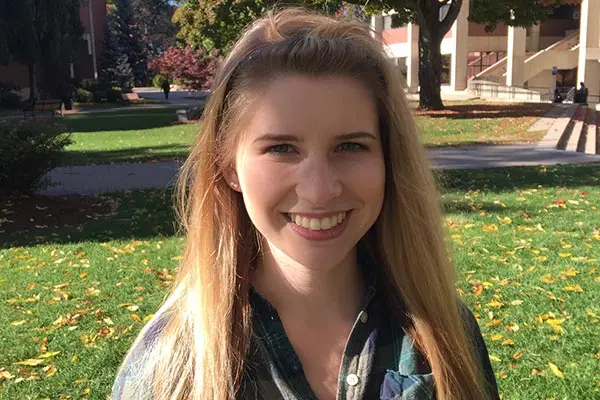
10/26/2016
Lowell Sun
By Emily Bergstrom
"No one."
That's what 11-year-old Christopher wrote when asked to name some of his friends. When his father, Bob Cornelius, read it, he felt helpless. He took to Facebook to write a letter that tried to explain why Christopher may feel disconnected from his peers. Like 1 in 68 children in the United States, Christopher is on the autism spectrum.
Bob asked anyone reading his letter to remember to be kind, empathetic, and aware. Since it was posted in September, it has gone viral. You may have already seen it. If you haven't, you should.
Children with autism spectrum disorder (ASD) frequently have difficulty initiating or maintaining friendships. Along with problems in communication and a tendency to engage in repetitive behaviors, struggling with social interaction is a core feature of ASD.
One explanation for why children like Christopher find social interaction challenging is a limitation in what has been called Theory of Mind (ToM), or the capacity to appreciate that the perspectives and experiences of others may be different from one's own. Most children develop ToM during the preschool years, but children with ASD may not. They may have a lifelong struggle with perspective taking.
Although ASD is known to be a neurologically-based, genetically-influenced disorder, it is also subject to environmental influences. Understanding what aspects of children's experience contribute to ASD and how those contributions work is the subject of significant research, as scientists search for ways of helping children with ASD meet the challenges they face in so many areas of life.
Researchers at UMass Lowell are bringing together fields as diverse as psychology, education, nursing, economics, and engineering to build a Center for Autism Research and Education. In addition to studies that focus on effective programming across ages, one study that is currently underway is seeking to understand the role of typically developing siblings in ToM development among children with ASD.
By observing how autistic children interact with a typical older sibling, researchers are trying to identify types of interactions that are associated with better ToM development. Once enough children have been observed in the study, these findings could provide suggestions to help children with ASD develop skills that could later translate into improved peer relationships.
While research attempts to identify more strategies for helping children with ASD reach their maximum potential, patience, empathy, and kindness, as Bob wrote, go a long way. In the meantime, scientific research depends on the generosity of children and families to participate in studies that help discover effective methods of intervention. Some of these methods may even be hidden in everyday interactions in the home.
It can take a long time before research results produce real-world changes. But there is no substitute for evidence-based interventions -- those based on solid science -- to build a future where children with ASD can better navigate the world of peers and friendships.
A future where no child with ASD has "no one."
Emily Bergman is a sophomore psychology major in the Honors College at UMass Lowell and a research assistant to Dr. Doreen Arcus. Her work is supported by an Honors College Research Fellowship. If you are interested in participating in the Autism Sibling Study, or in other related autism studies, please call 978-934-4172 or e-mail developmental_studies@uml.edu.
